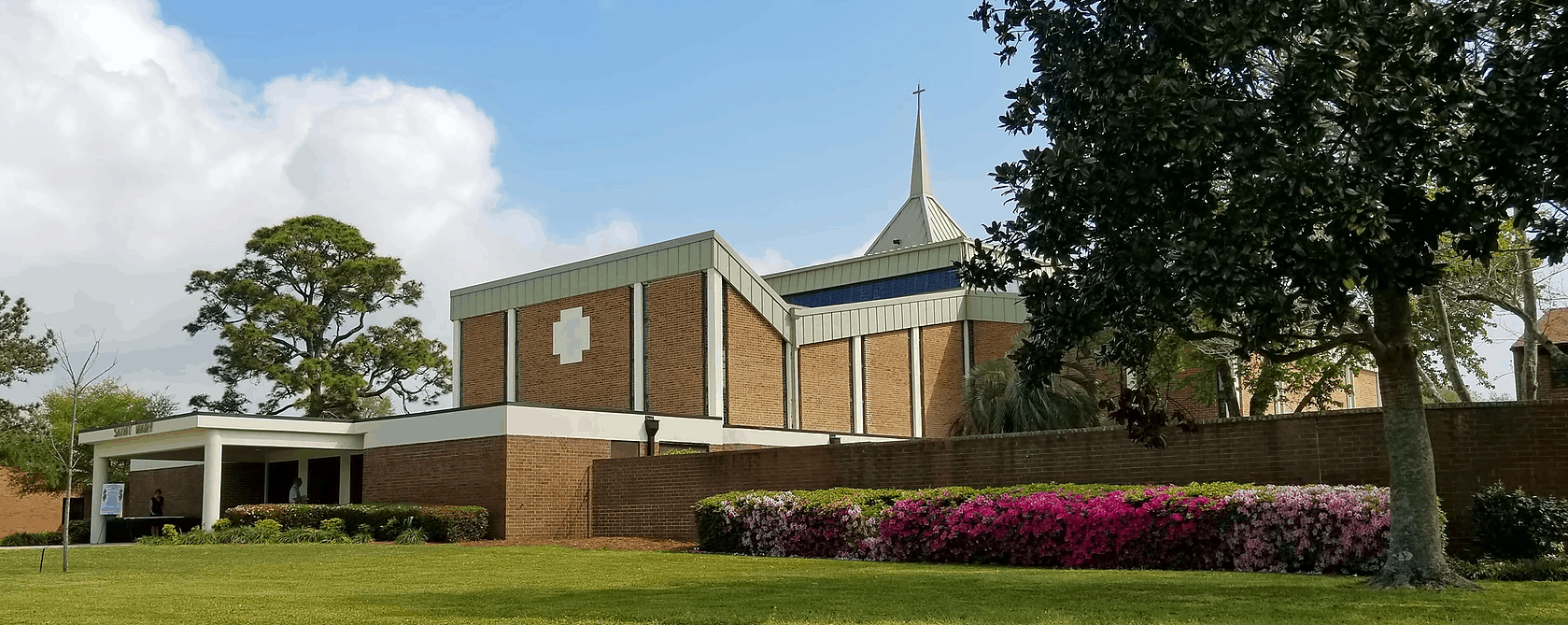
Be Not Afraid Week 3: You are my witnesses
Be not afraid Week 3 – You are my witnesses
29 May 2022
The Ascension of the Lord
Today is the celebration of the Ascension of our Lord. After spending 40 days with His disciples and appearing to countless people, Jesus ascended into heaven and, as the creed that we profess every Sunday proclaims, “He ascended into heaven and is seated at the right hand of the Father.”
But why? Why did Jesus leave Mary, his mother, and his disciples? It was necessary for Jesus to go to the Father in heaven. He went to prepare a place for each one of us there, and He had to go in order to send us the Holy Spirit who teaches us and guides us in truth.
Jesus had to ascend into heaven so that we could follow Him where He goes. On our own, we cannot access God’s life and happiness, but in Christ, we are now able, to not only live a blessed and happy life, but to follow Him to heaven.
Jesus sits at the right hand of God in heaven for all eternity. Jesus is given dominion, glory, and a Kingdom that will never pass away or be destroyed. And it is this Kingdom that we are all destined for.
While Jesus walked the earth and before he ascended into heaven, He had told his disciples on multiple occasions to “be not afraid.”
He told them that he had to go away so that the Holy Spirit could come and empower them to be his witnesses. And that is what we are called to be as well: His witness in the world. Today, we are called to be his witness to those around us: our family, our friends, our co-workers, those we meet… everybody.
But what does it mean to be a witness? The way we answer this question is important if we are to understand what Jesus is calling those of us, who are baptized, to do.
To the modern world, a “witness” is commonly understood as someone who testifies on behalf of a person or to an event that he or she has seen with their own eyes or for which the person has first-hand knowledge. This is the common understanding of serving as a “witness” in court. Such witness is meant to establish the truth, so that a proper judgment is rendered, by the appropriate authority.
As followers of the Lord Jesus, we are called to serve as “witnesses” to our faith. To be a witness to Christ is to demonstrate by our words, actions and attitude the sacred mystery that we have “seen”, heard and believe in our hearts about the Lord who has forgiven us of our sins and offered us eternal life. In contrast to the world, Christian witness is to be offered 24/7, specifically by our words and actions. It doesn’t mean we will be on a street corner somewhere shouting the news of salvation, although it might. It means we live our lives in such a way that those around us, no matter who it is, sees testimony of our faith in God.
You and I witness to Christ not by giving testimony to facts but to the truth. We render testimony to not only what we have “seen” in our hearts, not only answered prayers, not only the movement of God in our lives, but also to what we have read in Scripture. We testify to our faith more effectively in our actions than in our words. Sometimes we use the phrase, “put your money where your mouth is.” In other words, we can’t be all talk. Our faith has to show in the way we live our lives; in the way we live faithful discipleship in Christ.
Unlike a witness in a courtroom, a witness to Christ serves as His ambassador in the world – effectively making the Lord present to everyone we meet.
We can see God’s people down through the centuries: not only in the Bible, but in the lives of the saints and how they were called to be witnesses. They declared the true and faithful God, that we too know and have experienced. This declaring is not only in word but in how they lived their lives.
By our baptism, we are called, and are chosen to be His witness. Throughout Scripture, one thing is clear: God does the calling. God does the calling and drawing His people near and then they in turn are to go and declare His truth. You are called.
Once we share our witness with someone, it is God who calls them to believe, not the person who is the witness. The role of the witness is simply to share all that they have seen, heard, and experienced. And to live it out in a daily witness by our actions. God does the changing of hearts.
It is also worth noting that ALL who know Him are to proclaim Him, not just a certain, talented or chosen few. And that frightens some of us. Few of us are theologians, or apologists or Biblical scholars. So we fear answering questions someone might ask about the faith.
Saint Pope Paul VI once said, “Modern [people] listen more willingly to witnesses than to teachers, and if they do listen to teachers it is because they are witnesses.” Imagine the difference: would you rather listen to an actual war hero share what he saw in action, or a teacher who read about it? (Not dogging our beloved teachers of course. We don’t always have first-hand accounts. But you get the idea.)
People listen to us when we are authentic, when we share what we truly believe and what God is doing in our life. So even though we are not theologians or Bible scholars, it doesn’t mean that we can’t know our faith well enough to explain the experience and relationship we have with God. Through prayer, through reading and studying Scripture, by sharing our experiences in small groups, we become more equipped to be the witness God is calling us to be.
“You shall be my witnesses” is applied not only to the Apostles, but to every Christian. God is not restricted. Yet just as the signs of credibility are not separable from the first Witness who is Christ, and just as they are not separable from the permanent witness, which is the Church, so they usually are not separable from the individual Christian witness.
Therefore, the role of the witness is to realize a presence within himself and to transmit the call. Witnessing to Christ is so important that it constitutes the Christian’s primary vocation. His first calling is to live and transmit Christ, through his second calling or role in life. The special Sacrament of Christian witness is confirmation. And because this demands the full commitment of a person, Confirmation is also the Sacrament of Christian maturity. The Holy Spirit offers to make a person a strong, docile, committed believer. Witnessing is, first of all, a question of what one is, rather than what one does. To be a Christian wholly given to Christ is, by that very fact, to bear eloquent witness to the faith. This is to let one’s light shine among people. Christianity needs witnesses. It has to be “caught” rather than taught. And it is normally caught from someone already “caught up” by it.
Remember, as a witness it isn’t your job to save people (that’s God’s job!), but to share all that you have experienced. So as you seek to share, to be his faithful witness, do so with a heart of prayer for those you are sharing; that your words be guided by the Holy Spirit. Pray diligently and depend fully on the work of the Spirit as you faithfully share.
Be who you really are. Be authentic. Don’t try to be something you aren’t.
What we are called to do, by Jesus Himself can cause any of us to feel overwhelmed and afraid. Be not afraid, my brothers and sisters! In Scripture, Paul told the younger Timothy, “For God has not given us a spirit of fear and timidity, but of power, love, and self-control.” We have been given that same spirit in baptism and by our confirmation. God goes with you, be not afraid.


